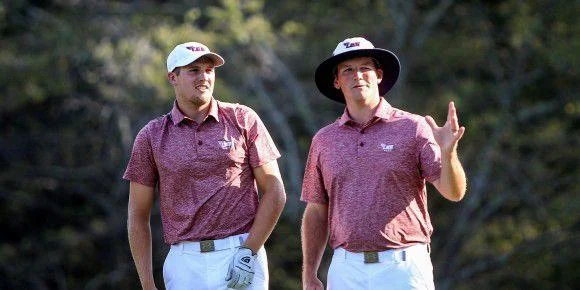I was in the third grade when the other kids in my class started picking on me for my arm hair. Then in fifth grade I was picked on for the hair on my legs and upper lip. And before all of that, people had always remarked on my thick and wild curls. It got to the point where kids would call me 'gorilla girl.'Like many little girls, my childhood was marked with insecurities, but this was something beyond my control, something that marked me as a little Hispanic girl far before anyone heard my Spanish or knew my parents.
My teenage years were filled with obsessive shaving, plucking and waxing to achieve a kind of beauty standard that made me less 'dirty.' I did everything to tame my hair, noticing that people only seemed to call me pretty when my hair was straightened. But as I grew up and learned to take pride in my identity, I found myself putting down the straightener and razor. I chose to live in and love the body given to me and to find beauty in the heritage that echoes across my skin.
My story is one that I share with millions of minority women who find themselves pressured to downplay their ethnicities to achieve a white, Western standard of beauty. I wanted to learn how others have dealt with this struggle, and recently sat down with two Lee women to discuss how they have embraced their true identities through their natural hair.
Jessica Luzardo's curls are not natural, but by perming her hair, she feel's that she's connecting to her Latina roots.
'A lot of people don't know that I'm Latina at all because I have 'white people hair' I guess," Luzardo said. "I'm pale skinned; I have [naturally] straight hair. I wasn't pressured to perm my hair but I felt like it fit.'
She went on to tell me that in high school everyone thought she was white because even though her hair was thick, it was straight. By perming her hair into curls, she 'felt more natural'.
Nandi Likese met with me to explain that natural hair in African-American women is often perceived as "unprofessional", "dirty" or "nappy".
"Whenever I washed it and [my hair] was all curly, I wouldn't think it was pretty or attractive," Likese said. "As I got older and started really embracing my natural hair, I realized that I succumbed to the whole Eurocentric idea of beauty."
For those who don't know, Eurocentric beauty is the idea that straight hair and light skin commonly found in European countries is the highest mainstream beauty standard. It's also something that minorities feel pressured to attain to daily.
'I think it's really important [to wear natural hair] because growing up, I always straightened my hair," Likese said. "[But] anytime I wore my hair curly growing up, that honestly was when I felt like who I really was."
Likese has since embraced her natural locks, and said she feels confident and beautiful.
"I [have] never [felt] happier or more like me," Likese said. "[My hair] just feels so much more authentic. Girls get a lot of pressure to look a certain way, even white girls. But you don't realize that you're just conforming [to a standard] instead of embracing who God made you to be.'
Likese told me about the growth in popularity of natural hair in the African-American community. In fact, the internet has become a safe haven for girls seeking support in choosing natural hair. Instagrams like "naturalhairprobs," "howtonaturalhair," and "hellonaturalbeauty," all encourage black women to take joy in their hair and share tips on styling.
Likese equates the rise in popularity back to the '60s and '70s when civil rights movements and the Black Panther Party allowed African-Americans to take pride in their natural black features. It is possible that the new Black Lives Matter movement is also spurring a regeneration of black pride through the country and bringing back the natural hair movement, but Likese thinks this time is different.
'I don't think it's just gonna fade away this time," Likese said. "These girls are embracing a healthier lifestyle for their hair, their overall being, and learning to love who they are by not suppressing themselves. Us brown girls are learning to be proud.'
To any women of color considering natural hair, my advice is simply to do it. Whether it be your natural body hair or the hair on your head, do what makes you feel comfortable, beautiful and empowered.
Or, as Likese put it: 'Don't let anybody discourage you from [being] who you really are and learning [about] your true self. Pick one day to be your 'natural day' and then move on from there. You want every part of your body to be strong and thriving. I don't need to damage my hair by using so much heat to feel good about myself."


